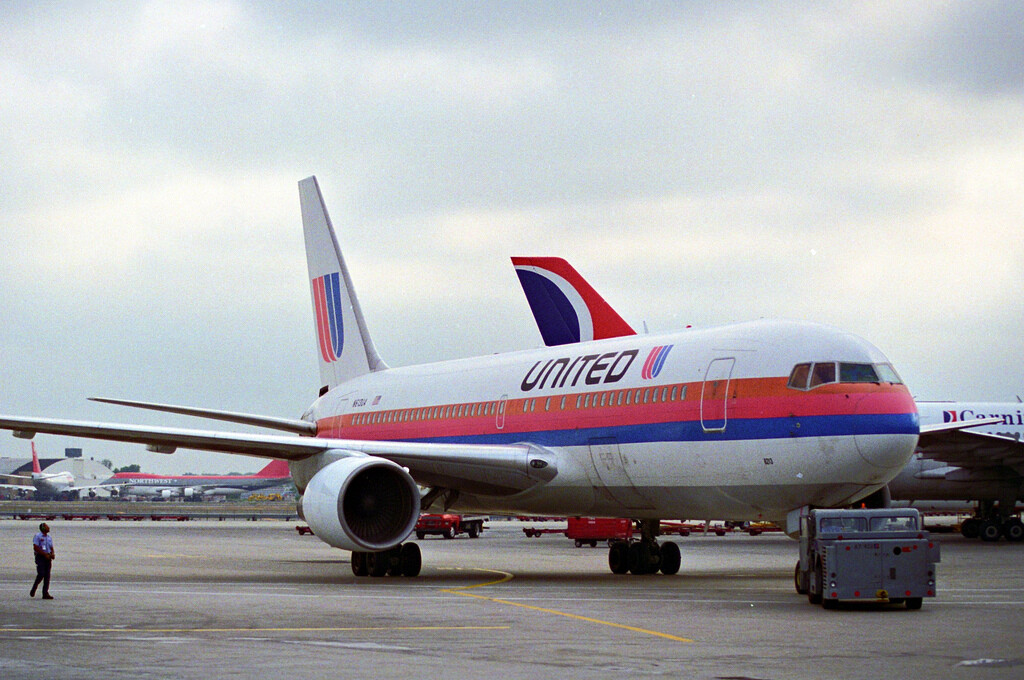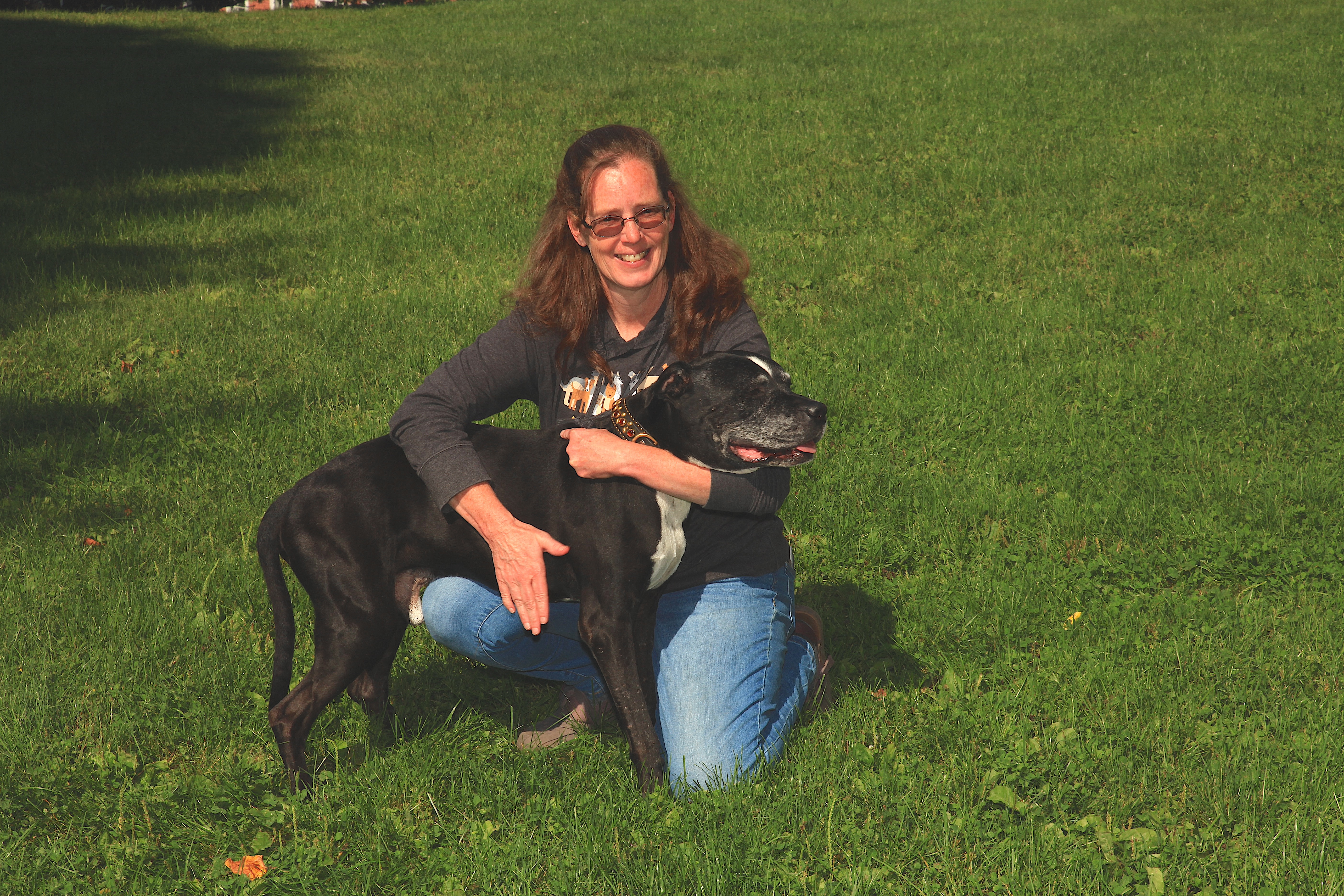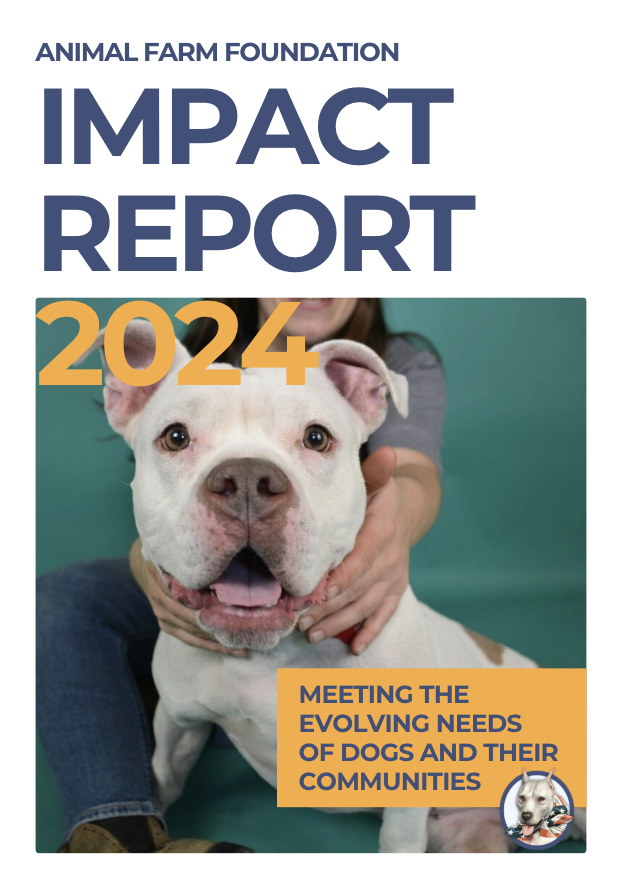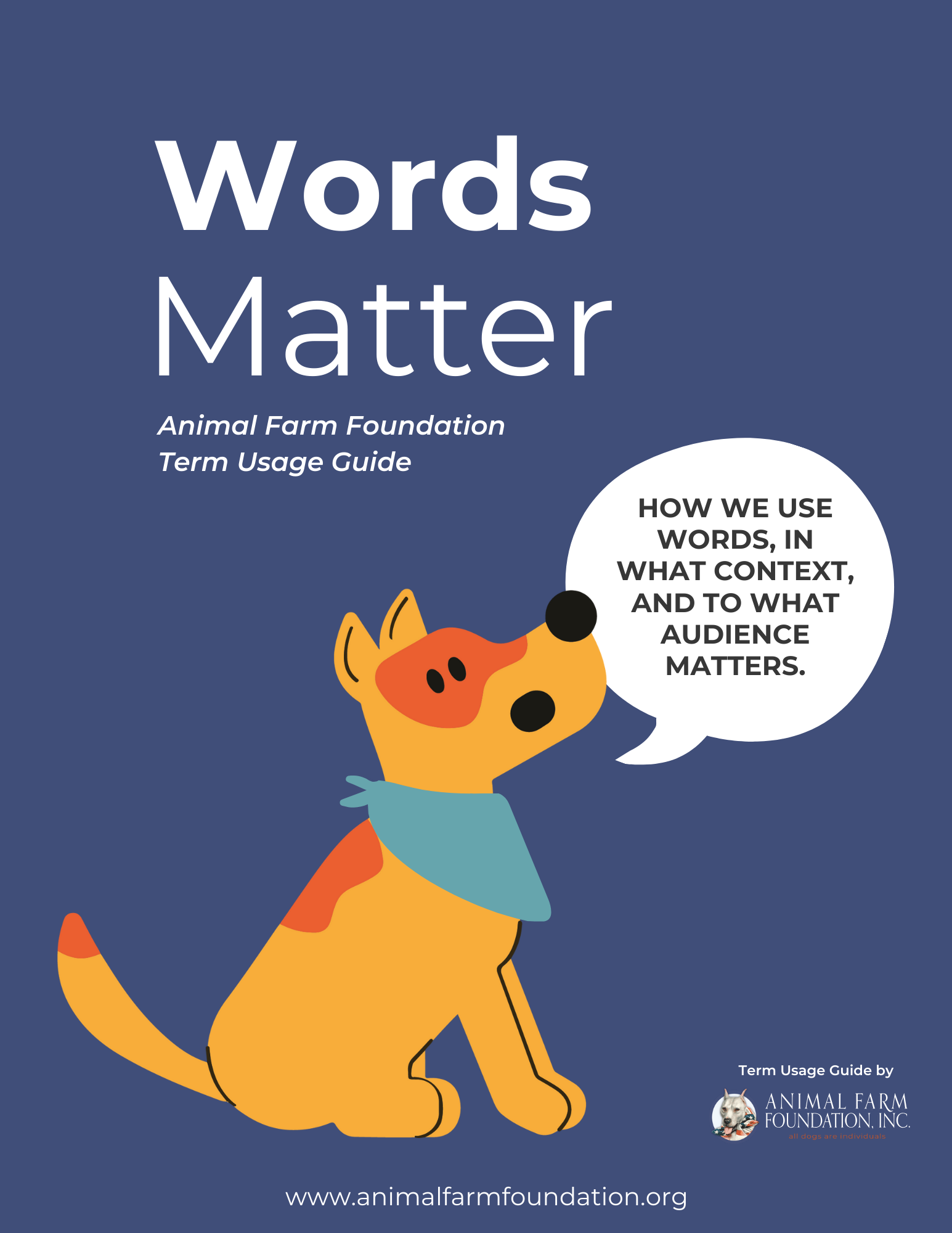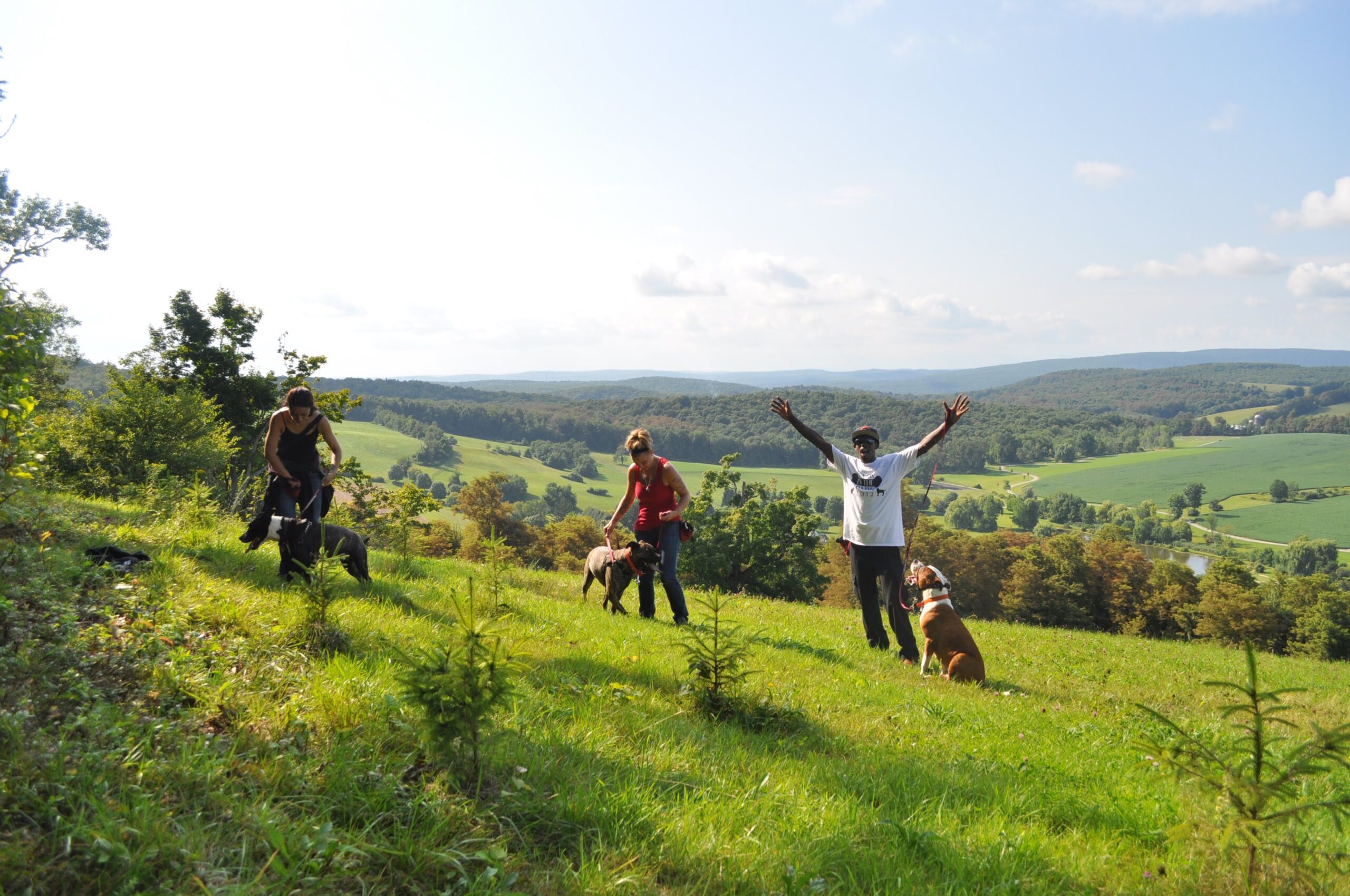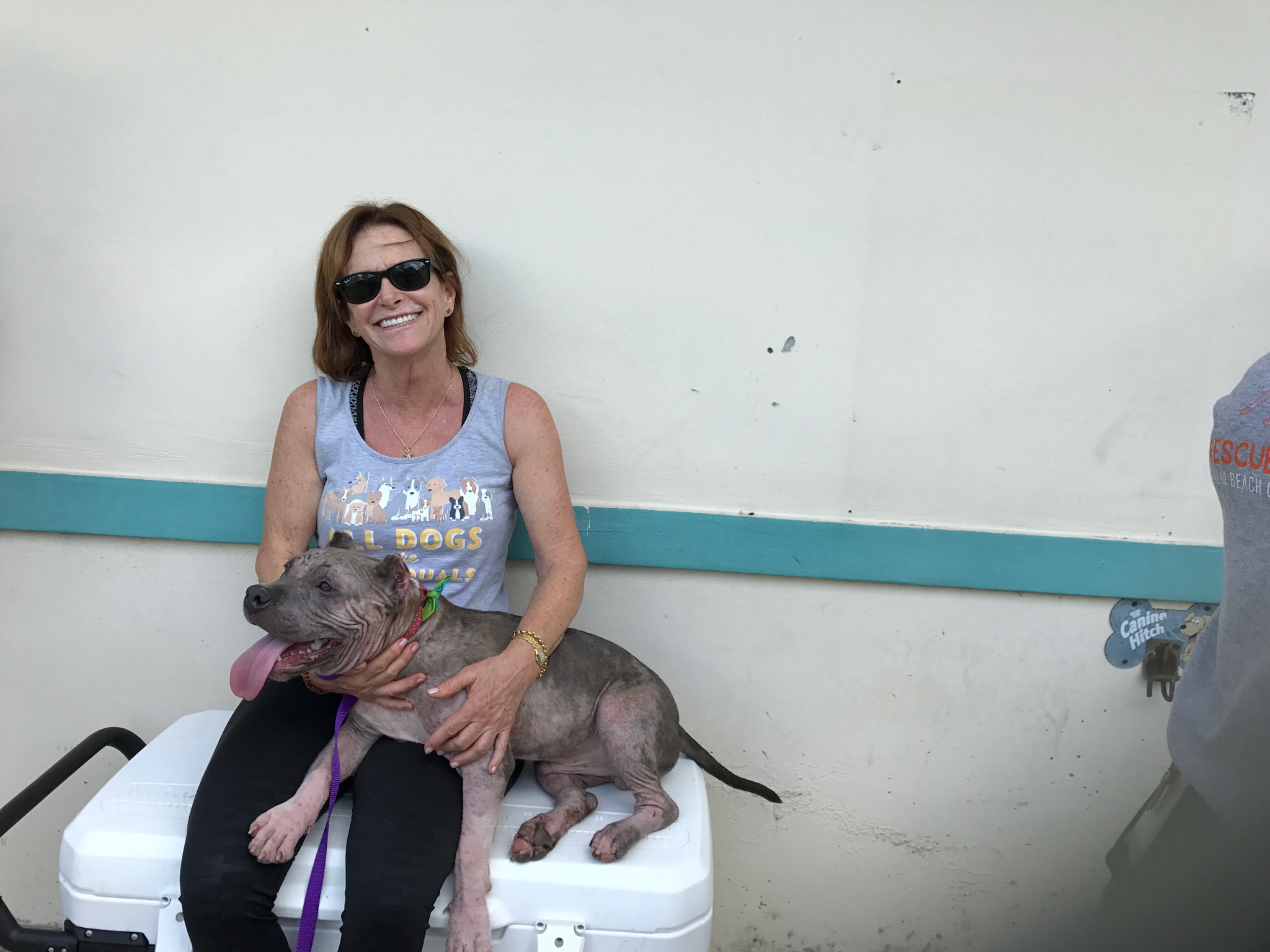In fact, all canine discrimination and the disregarding of the human-canine bond boils down to us – to humans. There’s an underlying thread that connects this instance with breed-specific legislation, housing restrictions, discrimination against people with service dogs, and a myriad of other injustices that aren’t related to dogs at all.
These things happen because of the pervasive view that if something isn’t directly happening to you, it isn’t your problem. There’s no need for you to care for someone (human, canine, or otherwise) that you aren’t directly connected to. This is known as the bystander effect.
Were there people on the flight that have
Everyone fell into the trap of “otherness,” which leads to dehumanization and discrimination of people in general. We marginalize people who aren’t “like us” and ignore wrongdoing when it’s not happening to us personally. In many cases, we participate in it by following discriminatory social convention.
Due to the practice of othering, a flight attendant ignored a woman’s pleas that there was a living being in a carrier. Due to the normalization of silence in the face of adversity, no one stood up and said, “You will not disregard what this person is saying to you. You will not put her dog in an overhead bin.”
One peek at a Facebook comment thread about the current United scandal and you’ll see a slew of posts from people bashing the family for bringing a dog on the plane, despite the fact that they paid the fee and followed regulations.
The discriminatory subtext of BSL and housing restrictions is that people who own dogs who look a certain way are inherently irresponsible. How many times have you heard “It’s always thugs who own “pit bull” dogs”? That’s a common statement, even among advocates. It’s immediate “othering” without taking any facts into consideration.
With regards to service dogs, the media coverage of people committing service dog related disability fraud has led people to assume that anyone with a service dog is lying about their disability. This is especially true if the dog doesn’t fit society’s arbitrary standard of what a service dog should look like. Now, the media’s focus is always on how to construct more barriers with regards to service dogs, rather than how to make the world more accessible to people with disabilities. This means more discrimination and less equality.
We encourage everyone to stand up for what’s right. Stand up and speak up about how we treat one another. We say fuck our culture of politeness (yes, we’re swearing) and defend other people when you know they’re being dehumanized, marginalized, and othered. Speak out against discrimination in all forms. Don’t hand-wave racism or sexism. Remember and remind people that you can’t always tell if a person has a disability (and it also isn’t your business). Defend people’s right to fair and equal housing. And for goodness sake, don’t ever let anyone treat someone’s family member like luggage.
Featured image via aero_icarus/flickr.

